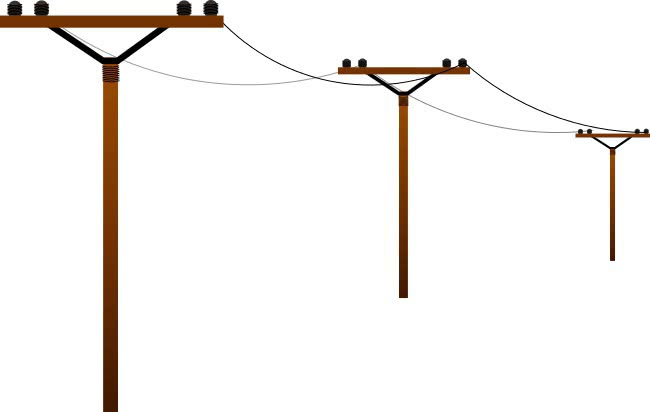Powerless AES Looks to Bow From China 爱依斯出售中国发电业务 凸显行业严酷形势
 When it comes to operating in China’s heavily regulated energy sector, it helps to have friends in high places. China’s oil companies seem to have such friends, but companies that generate power and sell it to consumers and businesses seem to lack such strong connections. That reality has led many power generators to struggle in recent years, and is leading US power producer AES (NYSE: AES) to look for buyers for its China-based assets, according to a foreign media report. (English article) The development underscores the huge risks of operating in China’s energy markets, where companies can only sell their finished products such as gasoline and power at state-set prices even though they must buy raw materials like crude oil and coal on the open market, where big price swings are common and recent prices have soared due to turmoil in the Middle East and North Africa. According to a media report, AES has recently hired an investment bank to explore a sale of part or all of its China power-generating assets, in a deal that could fetch as much as $400 million. The move would mark a retreat for AES, which is one of the oldest independent foreign power producers in China and now owns around 15 plants in the country. AES and many of its domestic China rivals, which include names like Huaneng (HKEx: 902) and Datang International Power (HKEx: 991), have struggled to earn profits in recent years as China, interested in controlling inflation, has failed to raise its state-set electricity rates in line with soaring prices for coal and crude oil. The system has also hit sellers of refined oil products like Sinopec (HKEx: 386; Shanghai: 600028; NYSE: SNP) and PetroChina (HKEx: 857; Shanghai: 601857; NYSE: PTR), though both of those companies seem to have better connections in Beijing, with the result that the government adjusts its state-set prices for their products more often. AES’ scaleback or withdrawal from the market highlights just how tough China is for both domestic and foreign power producers, and means we’re unlikely to see much new foreign investment in this area in the near future and limited returns for any company that does invest. Any new investment will mostly be limited to government-controlled companies like Datang and Huaneng, which take their orders from the state, making shares in these publicly listed power generators poor investment choices for the near term.
When it comes to operating in China’s heavily regulated energy sector, it helps to have friends in high places. China’s oil companies seem to have such friends, but companies that generate power and sell it to consumers and businesses seem to lack such strong connections. That reality has led many power generators to struggle in recent years, and is leading US power producer AES (NYSE: AES) to look for buyers for its China-based assets, according to a foreign media report. (English article) The development underscores the huge risks of operating in China’s energy markets, where companies can only sell their finished products such as gasoline and power at state-set prices even though they must buy raw materials like crude oil and coal on the open market, where big price swings are common and recent prices have soared due to turmoil in the Middle East and North Africa. According to a media report, AES has recently hired an investment bank to explore a sale of part or all of its China power-generating assets, in a deal that could fetch as much as $400 million. The move would mark a retreat for AES, which is one of the oldest independent foreign power producers in China and now owns around 15 plants in the country. AES and many of its domestic China rivals, which include names like Huaneng (HKEx: 902) and Datang International Power (HKEx: 991), have struggled to earn profits in recent years as China, interested in controlling inflation, has failed to raise its state-set electricity rates in line with soaring prices for coal and crude oil. The system has also hit sellers of refined oil products like Sinopec (HKEx: 386; Shanghai: 600028; NYSE: SNP) and PetroChina (HKEx: 857; Shanghai: 601857; NYSE: PTR), though both of those companies seem to have better connections in Beijing, with the result that the government adjusts its state-set prices for their products more often. AES’ scaleback or withdrawal from the market highlights just how tough China is for both domestic and foreign power producers, and means we’re unlikely to see much new foreign investment in this area in the near future and limited returns for any company that does invest. Any new investment will mostly be limited to government-controlled companies like Datang and Huaneng, which take their orders from the state, making shares in these publicly listed power generators poor investment choices for the near term.
Bottom line: AES’ plans to exit China underscore the difficulties of operating in the country’s power generation market, and bode poorly for rivals like Datang and Huaneng in the near term.
Related postings 相关文章:
◙ Pricey M&A, Cheaper Gas Undermine Sinopec 溢价收购和成品油降价 中石化面对双重利空
◙ Stumbling CNOOC Replaces Chief Executive 中海油换将李凡荣接棒CEO
◙ 2012: The Year of China Resource M&A? 2012:中国企业的资源并购年?
